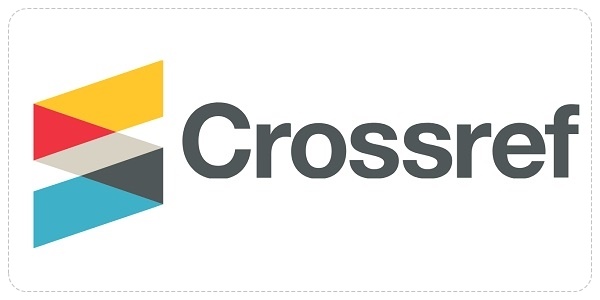PENGGUNAAN METODE PECS (Picture Exchange Communication System) UNTUK MENINGKATKAN KEMAMPUAN KOMUNIKASI ANAK AUTIS
Abstract
Keywords
Full Text:
PDFReferences
Bondy, A. & Frost, L. A. (1998). An introduction to PECS: The Picture Exchange Communication System. [video recording]. Newark, DE: Pyramid Educational Consultants.
Bondy, A. & Frost, L. A. (1994). PECS: The Picture Exchange Communication System. Cherry Hill, NJ: Pyramid Educational Consultants.
Bondy, A. & Frost, L. (2002). The Picture Exchange Communication System Training Manual. (2nd ed.). Newark, DE: Pyramid Educational Products.
Delphie, B. (2009). Pendidikan Anak Autistik. Sleman: PT Intan Sejati.
Densmore, A.E. (2007). Helping Children with Autism Become More Social;76 ways to use narrative play. USA: Praeger Publishers, Greenwood Publishing Group, Inc.
Hadis, A. (2006). Pendidikan Anak Berkebutuhan Khusus-Autistik. Bandung: Penerbit Alfabeta.
Handojo, Y. (2004). Autisma: Petunjuk Praktis dan Pedoman Materi untuk Mengajar anak Normal, autis, dan perilaku lain. Jakarta: PT. Bhuana ILmu Populer.
Heflin, J. L., & Alaimo, D. F. (2007). Students with autism spectrum disorder: Effective instructional practices. Upper Saddle River, N J: Pearson
Howlin, P., Gordon, R. K., Pasco, G., Wade, A. & Charman, T. (2007). The effectiveness of Picture Exchange Communication System (PECS) training for teachers of children with autism: A pragmatic, group randomized controlled trial. Journal of Child Psychology and Psychiatry. 48 (5), 473-481.
Jordan, R. and Powel, S. (1995). Understanding and Teaching Children with Autism. New York: Jonh Wiley & Sons.
Judarwanto, W. (2006). Deteksi Dini Dan Screening Autism. Tersedia: http://www.alergianak.bravehost.com
Lewis, V. (2003). Development and Disability. 2nd edition. UK: Blackwell Publishers Ltd, a Blackwell Publishing Company.
Murdock, L.C., Hobbs, J.Q. (2010). Picture Me Playing: Increasing Play Dialogue of Children with Autism Spectrum Disorders. Journal Of Autism –Developmental Disorder, published online:25 September 2010.
Pamuji.(2007). Model Terapi Terpadu bagi Anak Autisme. Jakarta: Depdiknas, Dirjen Dikti Direktorat Ketenagaan.
Rudi, L.J. (2007). Physical Therapy and Autism, The Basics. Tersedia: http://autism. About. Com.
Schwartz, I. S., Garfinkle, A. N., & Bauer, J. (1998). The Picture Exchange Communication System: Communicative outcomes for young children with disabilities. Topics in Early Childhood Education. 18(3), 144-159.
Vicker, B., (2010). Successfully using PECS with children with ASD. The Reporter, 15(3). Retrieved from http://www.iidc.indiana.edu/index.php!pageID=3285
Wallin, J. M. (2004). Visual supports. Retrieved March 24, 2009, from http://www.polyxo.com/visualsupport/index.html
Wenar, C. and Kerig, P. (2006). Developmental Psychology from Infancy through Adolescence. 5th edition. Boston: McGraw-Hill.
Wetherby, A.M. and Prizant, B.M, (2005). “Enhancing Language and Communication Development in Autism Spectrum Disorder: Assesment and Intervention Guidelines.” Dalam Autism Spectrum Disorder: Identification, Education, and Treatment. Edited by Dianne Zager. 3rd edition. USA: Lawrence Erlbaum Associates, Inc.
Yoder, P., & Stone, W. L. (2006b). Randomized comparison of two communication interventions for preschoolers with autism spectrum disorders. Journal of Consulting and Clinical Psychology,74, 426–435. doi:10.1037/0022-006X.74.3.426.
DOI: https://doi.org/10.17509/pedagogia.v15i1.6558
Refbacks
- There are currently no refbacks.
INDEXED BY

This work is licensed under a Creative Commons Attribution-ShareAlike 4.0 International License















